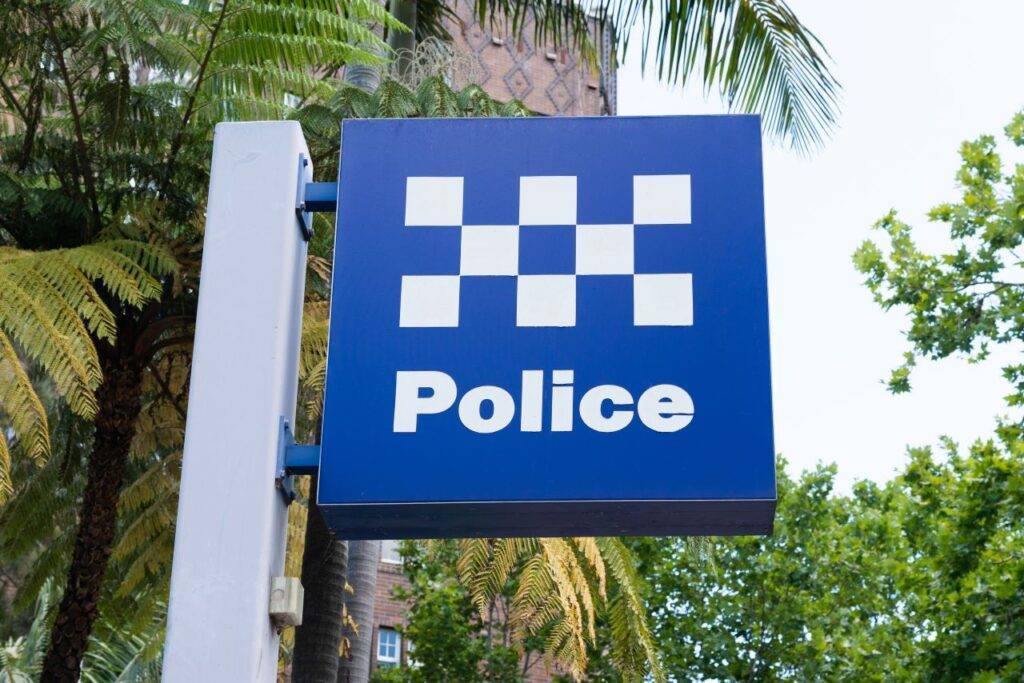Are you being investigated for an alleged crime? If so, you may be invited for an interview with the police. This can be a stressful and confusing situation.
Here’s a breakdown of your rights and some factors to consider when deciding whether to participate:
Your Right to Silence:
In New South Wales, you generally have the right to silence. This means you cannot be forced to answer questions during a police interview. You also have the right to not have your ‘refusal to participate’ recorded. However, anything you do say or do (other than refuse to answer questions) may later be used against you in court.
Seeking Legal Advice:
While some might advise against speaking to the police at all, this is not always the best course of action. Every case is unique, and consulting with a qualified and experienced criminal lawyer is crucial. They can guide you through the specific details of your case and help you make informed decisions.
What Happens During an Interview:
Police interviews typically take place in a designated room at the police station, equipped for audio and video recording. Two officers might be present, and you have the right to have a lawyer or support person present with you. The interview usually involves answering their questions about the allegations.
Important Considerations:
- Your personality: Consider how you handle pressure, your communication skills, and your understanding of the situation. If you’re unsure, nervous, or prone to misinterpretations, seeking legal support might be prudent.
- Knowledge of the allegations: The more you know about the accusations, the better you can respond to questions.
- Do you have anything to hide? If you’re tempted to lie or withhold information, it is generally best to avoid the interview because lies may be used in court as an admission of guilt.
- Your mental state: If you’re tired, under the influence, or emotionally distressed, participating might not be in your best interest.
Potential Benefits of Participating:
- Avoiding charges: In rare scenarios, your account might help clear your name and prevent charges. However, this is uncommon, and relying solely on this possibility is not advisable.
- Early denial for court: If you handle yourself well during the interview, your denial can be presented in court, potentially swaying the Judge or jury.
- Preserving evidence: You might point the police towards evidence disproving guilt, allowing them to secure it before it disappears.
Potential Drawbacks of Participating:
- Self-incrimination: You might inadvertently say something incriminating or contradict yourself later.
- Mistakes under pressure: Even innocent people can make mistakes or misremember details due to pressure, potentially raising suspicions as to your honesty.
- Unintentional guilty appearance: Nervousness can be misinterpreted as guilt, hindering your case.
Remember:
The decision to participate in an interview is complex and crucial. Don’t hesitate to seek expert legal advice from a qualified criminal lawyer to understand your options and make an informed decision that best protects your rights and interests. Contact Conditsis Newcastle today.



